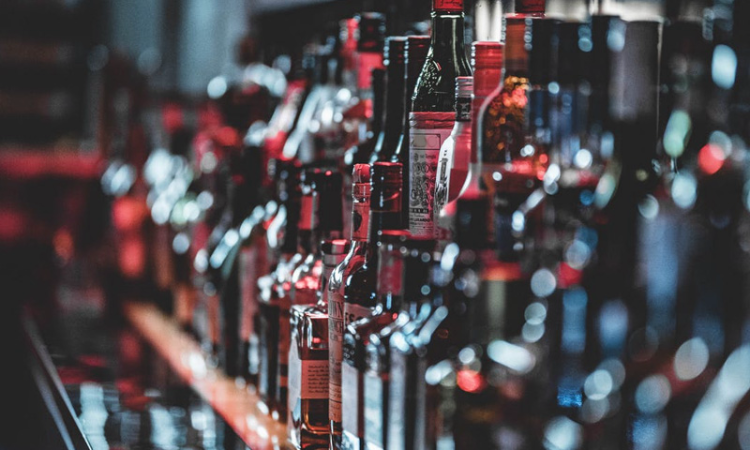Is There A Fundamental Right To Drink Liquor? What Courts Have Held?
Akshita Saxena
11 July 2021 11:28 AM IST

Next Story
11 July 2021 11:28 AM IST
The Gujarat High Court recently reserved its order on the maintainability of a petition against the decades old liquor prohibition in the state. The challenge is made on the ground of emergence of the right to privacy in the year 2017, which the Petitioners argued was unavailable when the ban was first challenged in 1950. It is their primary contention that the right to...
